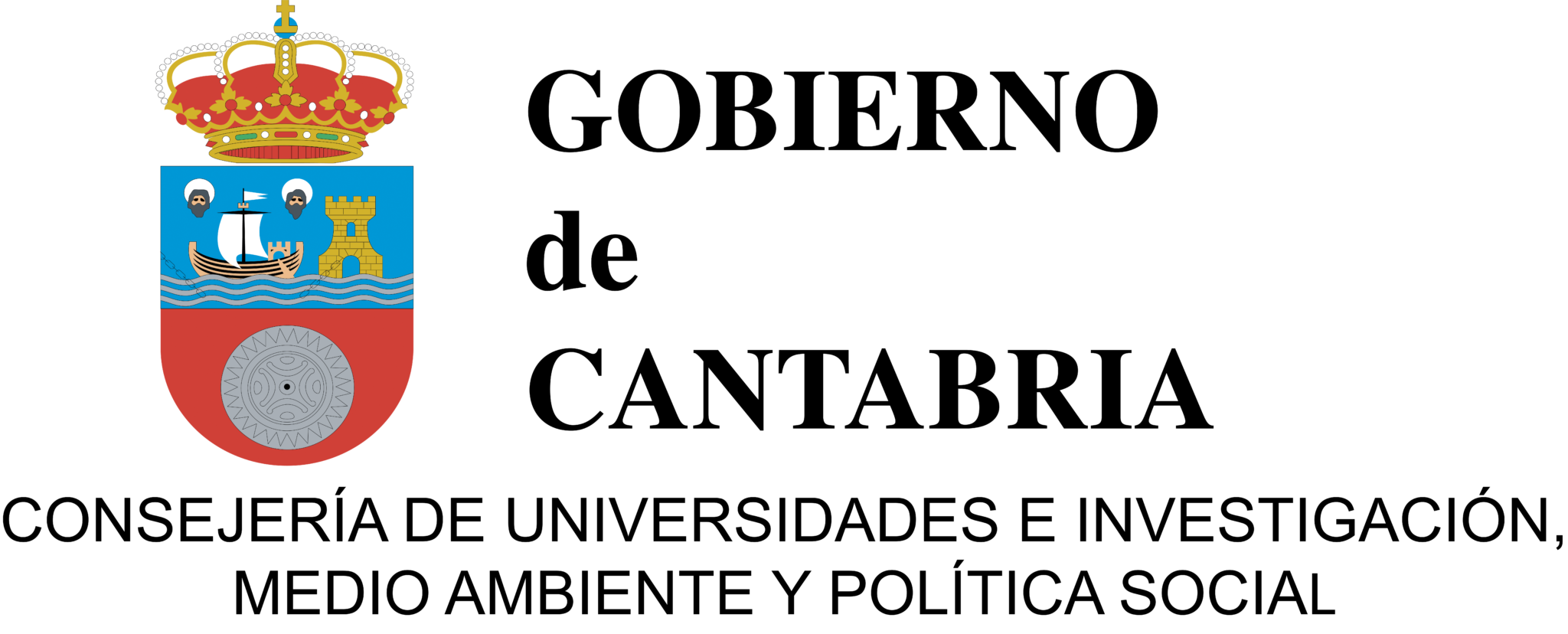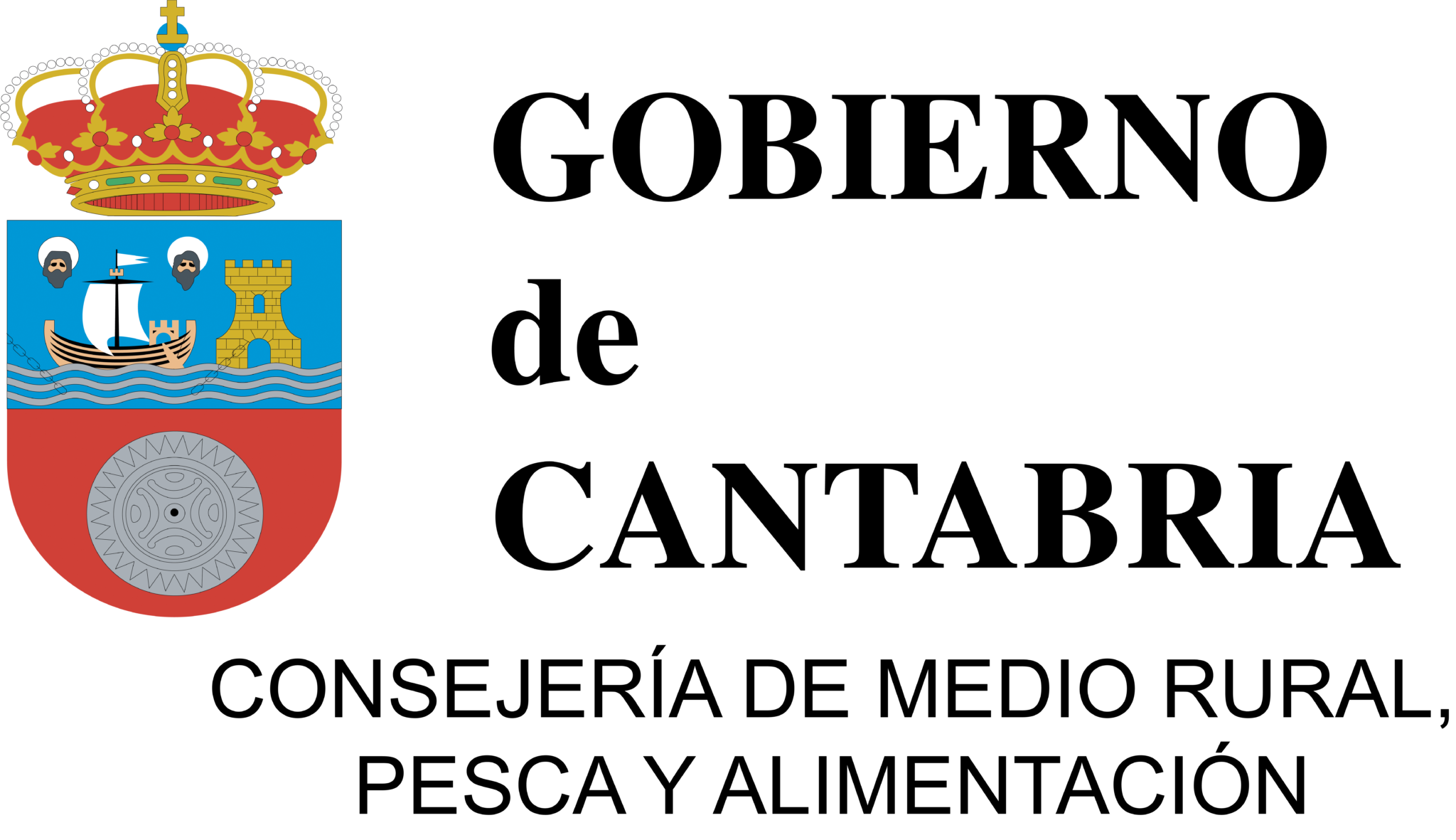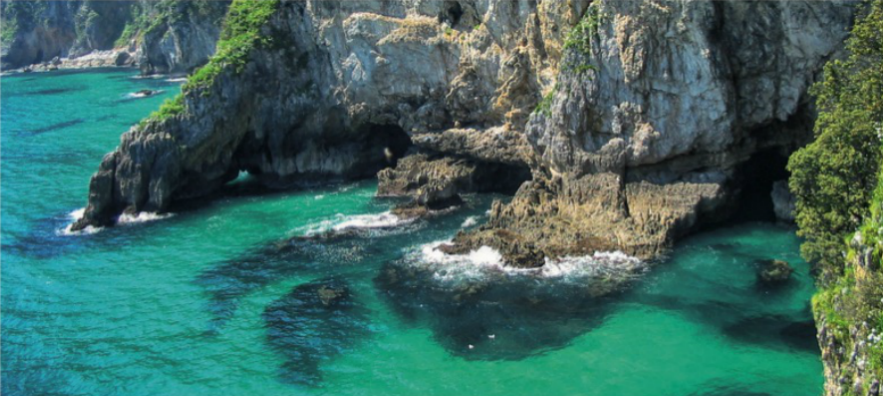ASSISTANCE IMPLEMENTING THE WATER FRAMEWORK DIRECTIVE
The enactment of the Water Framework Directive (WFD) in the year 2000 marked a turning point in the European water management model. Its practical implementation posed, and continues to pose, numerous challenges, including: the interaction between different disciplines and scopes of application; the introduction of the concept of the ecological status of water as an environmental objective; and integrating public participation into the development of river basin management plans.
“Improving the quality of water and aquatic ecosystems”
The result is a water planning process in which the sanitation, supply, drought and flood risk plans reflect the management plans for protected natural spaces and ecological flow rate regimes, and in which benthic invertebrates or macro algae aspire to be as important as the flow rate of a river or the capacity of a reservoir.
Within this new framework, the Government of Cantabria, in collaboration with IHCantabria, carried out a series of projects aimed at studying water resources, drafted supply and sanitation plans and identified pressures and impacts on bodies of water. A key element in the entire process was undoubtedly the launch in 2005 of the “Quality Control Network of the Cantabrian Coast”, which helped to considerably improve our knowledge of the water quality and biological communities of the region’s estuaries and coastal waters. This improved knowledge went hand in hand with the advances that resulted from other preservation and management policies, such as the evaluation of the effects that the Prestige oil spill had on our coast, the drafting of management plans for the spaces of the Natura 2000 network or the evaluation of seafood stocks. The changes that are taking place in climatic and oceanographic conditions, combined with changes in the abundance and distribution of some our most valuable biological resources (such as the regression of certain macroalgal communities in the Cantabrian Sea), make these control networks take on even more significance.
PARTICIPATING ENTITIES






